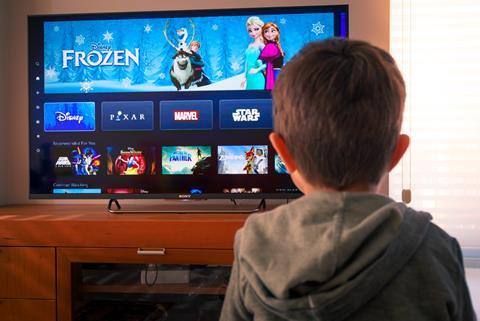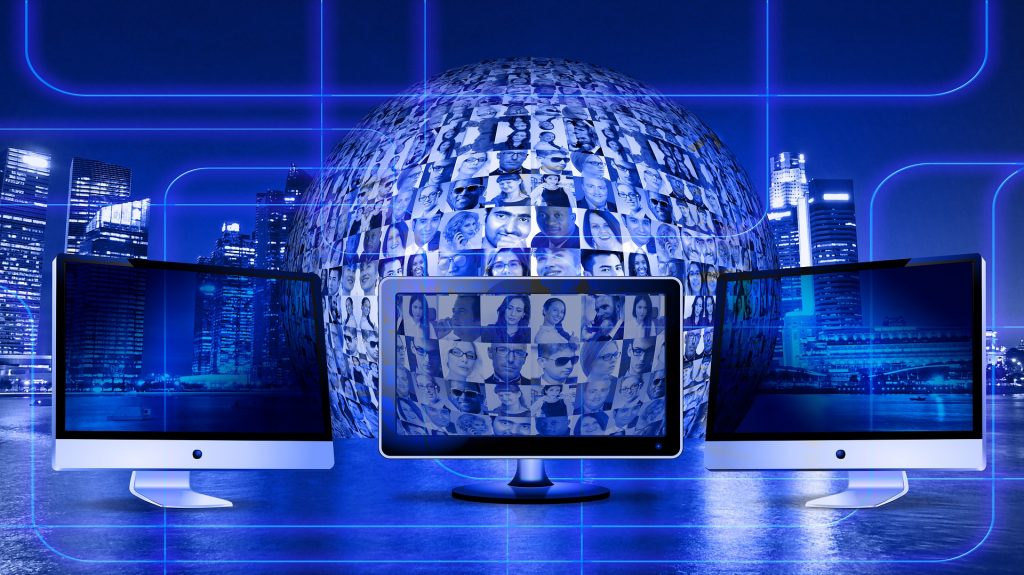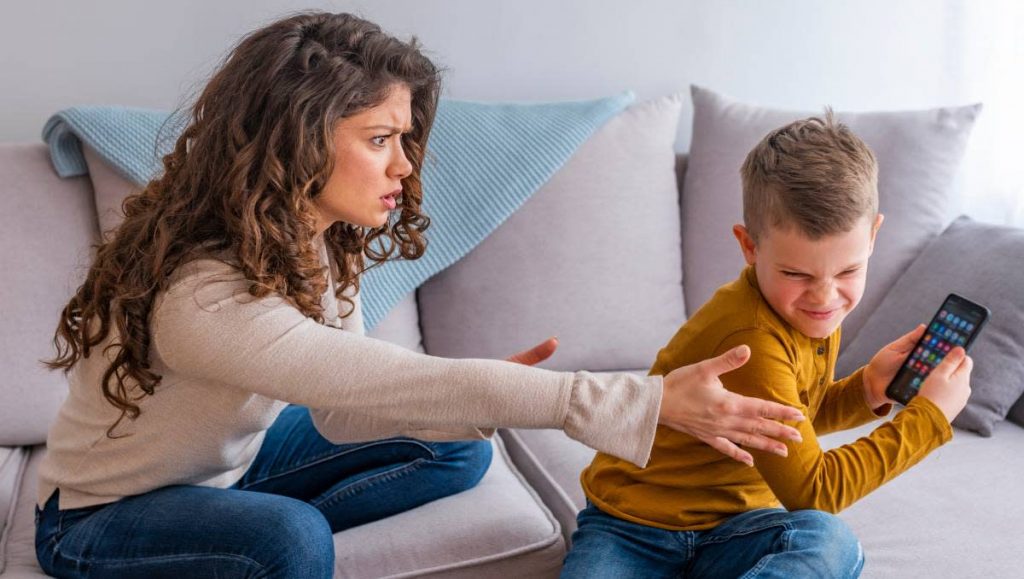
Streaming services are essentially the rage, bringing Excessive Entertainment to a vast number of watchers where and when they want it, any time, day or night. On-demand streaming to TV, movies and miniseries gives viewers a feeling of control, relief, Escape from The Real World, and relaxation from boredom. But there seems to be a line that, once crossed, turns the concept of “one more episode” into something that impedes overall health and well-being.
The present youngsters and teenagers are growing up immersed in digital media with a Lack of Self-Control. They are presented to Diversified Entertainment in all forms, including TV, PCs, cell phones, and other screens.
Media can impact how kids and teenagers feel, learn, think, and act.
What I Know:
Here are Realities About Excessive Entertainment Use
- Practically 75% of youngsters own a cell phone. They can get to the Internet, stare at the TV and recordings, and download interactive apps. Mobile applications permit photograph sharing, gaming, and video-talking.
- 25% of youngsters portray themselves as “continually associated” with the Internet.
- 76% of teenagers use at least one social media website. Over 70% of adolescents visit various social media sites, like Facebook, Snapchat, and Instagram.
- 4 of 5 families own a gadget used to play computer games.
So, it’s important to understand How to Improve excess screen time that could be hurting everybody in the entire family.
The Negative Effects of Excessive Entertainment Time

Even though you always keep the TV on or the entire family lounges around looking at their cell phones, excessive screen time could be unsafe. This is what a portion of the research says:
Behavior Issues: Elementary young kids who stare at the TV or utilize a PC for over 2 hours every day are bound to have emotional, social, and consideration issues.
Educational Issues: Elementary young kids who have TVs in their rooms do more regrettable on academic testing.
Weight: Too much time taking part in stationary action, for example, staring at the TV and playing video games, can be a danger factor for becoming overweight.
Sleep Issues: Although many guardians use TV to slow down before bed, screen time before bed can misfire. The light produced from screens meddles with the sleep cycle in the brain and can prompt insomnia.
Violence: Exposure to violent TV shows, movies, music, and computer games can make youngsters become desensitized to it. Ultimately, they might utilize brutality to take care of issues and mimic what they see on TV, as per the American Academy of Child and Adolescent Psychiatry.
Reasons for Why Entertaining Social Media Should Not Be Allowed Within School Networks
Social media entertainment platforms incorporate Twitter, Facebook, MySpace, and so on, which permit users to make, control, and offer data through the Internet, i.e., person-to-person communication. Social media is becoming a famous idea among young who are investing an unreasonable measure of energy online. Hence, students are probably going to lose center around their schooling. Plus, students frequently depend on the simplicity of getting to and sharing data via social media platforms, decreasing their capacity to think basically and retain more data.
On the other hand, students would endeavor to engage loved ones via social media while studying. This result is often a poor scholarly execution, primarily because their focus is split between the two assignments. One more adverse consequence of seeking entertainment from social media is that numerous students spend spare time online and lose out on social interaction benefits. The following are a couple of more adverse consequences of entertainment on kids’ life. They include:

Cyberbullying
Cyberbullying is the utilization of online methods for communication to send scary and intimidating messages. In antagonistic conditions, cyberbullying has been connected to nervousness, social confinement, wretchedness, self-destruction, and other psychological disorders.
Over-Dependence on Innovation for Basic Tasks
Innovation is frequently seen as a response to the vast majority of our concerns by offering advantageous and pragmatic arrangements. When students invest a lot of time online, they regularly depend on innovation to solve different academic problems.
Unrealistic Comparisons
Students frequently invest time in seeing others’ profiles and announcements. But, the more significant part of the pictures via online media is edited to depict a bogus perspective on their lives. For example, photos uploaded by users are often interesting or attractive to look at. Students are probably going to endeavor to achieve a day-to-day existence like the one viewed on social media.
Peer Pressure
Peer pressure is characterized as the impact on a person by their friends to adjust to their qualities, mentalities, and practices. Social media gives a road to students to exchange scary thoughts and urge them to participate in hazardous activities. Social media can be utilized to design parties, including excessive liquor utilization, hitting the bottle hard, smoking, and illicit drug use, among numerous others.
As should be obvious, there are a few antagonistic impacts of Diversified Entertainment on students’ scholastic movement. Despite these negative parts of Excessive Entertainment, it has a natural effect on helping teachers and students convey continuously. However, without appropriate balance, it accomplishes more damage than anything else. Accordingly, the vast majority accept that restricting access to social media inside the school network is the best solution.
